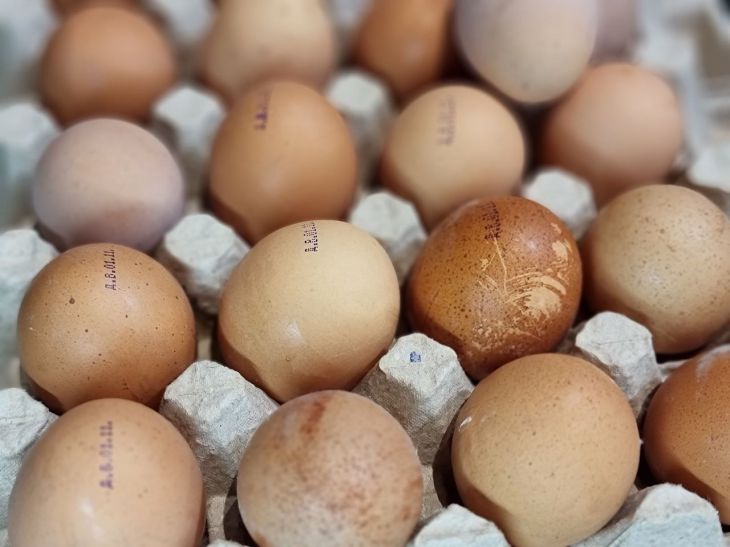Eggs can be called one of the most popular products. But how to check their freshness and quality?
It is not uncommon for eggs to be stored in the refrigerator for weeks, and many people do not even realize the risks they may pose. Therefore, it is worth considering several simple, but at the same time effective methods.
Buoyancy
This method is based on the density of the egg. A fresh egg will sink in water, while older eggs will float.
For this test you need a small deep vessel with water. It is enough to put the eggs in the water: if they sink to the bottom and lie on their side, then they are fresh
If the egg stands upright on the bottom, it is not quite fresh, but is still good to eat. If it floats, it may be better not to use it.

Sound test
This test is based on the sound an egg makes when it is shaken. A fresh egg will make little or no noise due to the smaller volume of air inside.
Older eggs will make a louder, more ringing sound due to the larger air chamber. Of course, this method is not so easy to use, but with a little practice, you can achieve a great effect.
Visual test
When performing a visual test, you need to pay attention to the condition of the shell. The fresher the egg, the more transparent its shell will be.
If the egg has cracks or spots, this may indicate that it is old. It is also worth paying attention to the shape and color of the yolk: the higher the quality, the more convex and orange its center will be.
Smell test
Although it is not the most pleasant test, the smell of an egg can also indicate its freshness. Fresh eggs have almost no smell. Therefore, if even a slight unpleasant aroma appears, it should definitely not be consumed.
Earlier we talked about how experienced housewives use mustard in everyday life.








